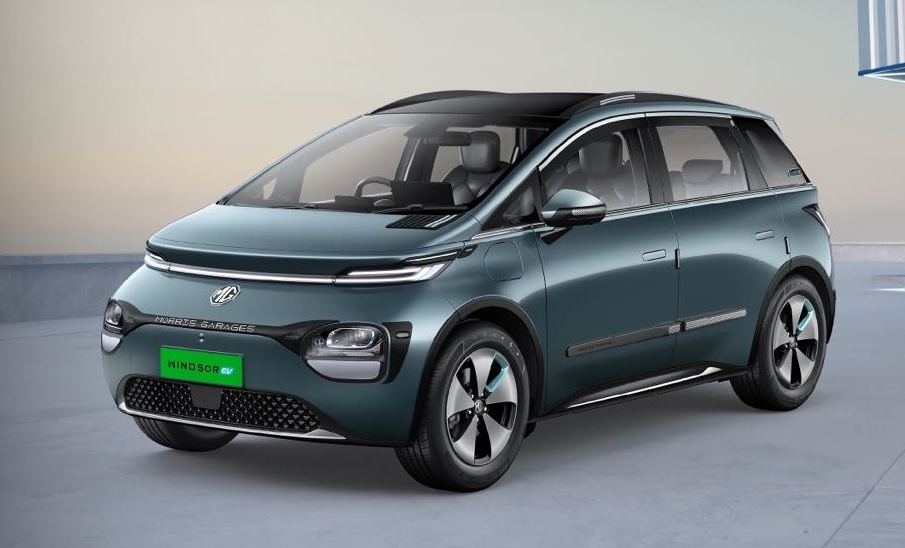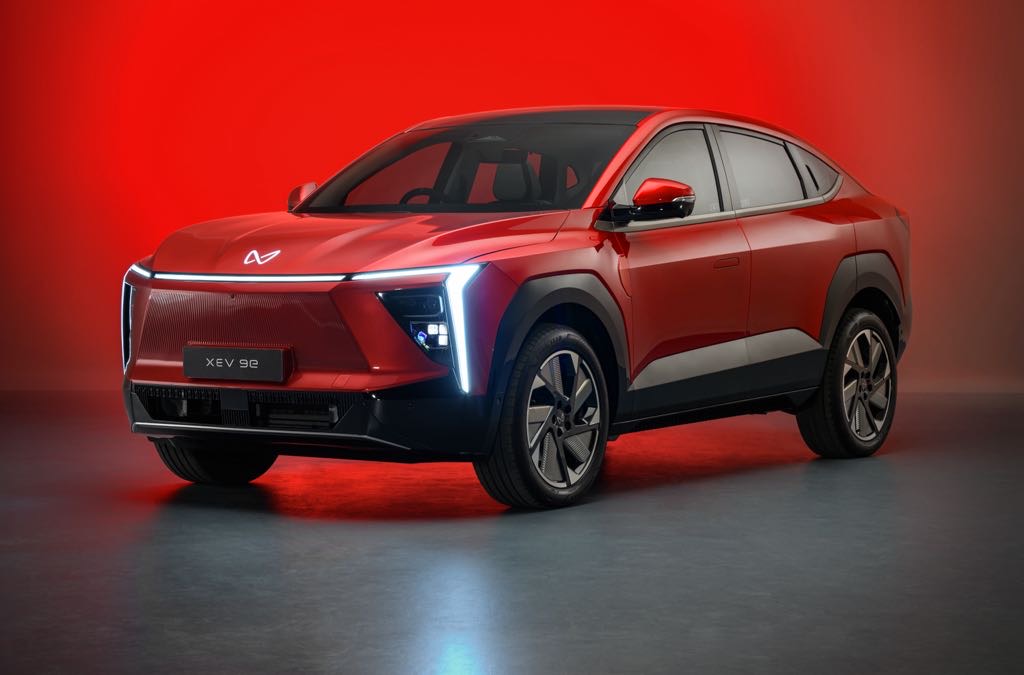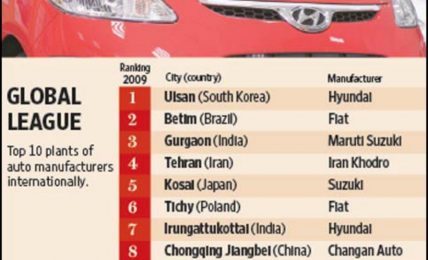
New opportunities for existing automakers producing EVs locally in the Indian market
India is preparing to expand its electric vehicle manufacturing incentives to include automakers building EVs at existing factories, shifting its strategy beyond encouraging the construction of entirely new plants. The move comes after Tesla backed away from plans to manufacture locally, despite previous efforts to lure the U.S. automaker into the Indian market, according to a source with direct knowledge of the matter.
The revised policy is intended to stimulate EV investment across the broader automotive sector, with established manufacturers like Toyota and Hyundai seen as potential beneficiaries. The incentives, which are part of an EV policy still being finalised, could create new opportunities for automakers interested in adapting existing facilities for EV production.
Under the policy first announced in March, automakers that invest at least $500 million in EV manufacturing in India, with 50% of components sourced locally, can qualify for a significant reduction in import taxes—a decrease to 15% from up to 100% on up to 8,000 electric cars annually. The government is now expanding eligibility to include investments in existing factories, on the condition that electric models are produced on a separate production line and meet the local sourcing requirements.
The planned policy shift is seen as a practical step to lower the entry barriers for automakers already operating in India, enabling them to leverage current facilities while investing in dedicated production lines for EVs. In the case of new factories, investments in machinery and tools that could also be used for other types of vehicles will count towards the $500 million threshold, the source added.
To maintain a level playing field, the government will establish a minimum revenue target for EV production at each plant or production line to qualify for the incentives. The policy is expected to be finalized by March.
Minutes from a recent meeting with India’s Ministry of Heavy Industries, reviewed by Reuters, reveal that several automakers have questions about the upcoming policy. Toyota, for example, asked whether investment in a separate assembly line within a plant that produces multiple types of powertrains would qualify. Toyota also inquired if the establishment of charging stations could be counted towards the $500 million investment requirement. Both Toyota and the ministry declined to comment.
Hyundai raised a question about whether investments in research and development would be eligible under the $500 million target. Reportedly, R&D expenditures would not be counted. Hyundai Motor India is currently awaiting the final policy and guidelines before making further decisions, a company spokesperson said.
Volkswagen, on the other hand, requested more flexibility regarding the timeline for investments. The German automaker suggested allowing 75% of the $500 million investment to be made within the first three years of the five-year scheme, as opposed to the current requirement of 100%. Volkswagen also sought clarification on whether supplier investments would be included. The company stated that it is reviewing the details of the policy and evaluating its next steps.
The revised policy aims to attract a diverse set of automakers to invest in India’s EV sector, potentially fostering faster growth in the country’s adoption of electric mobility. As more automakers consider India as a viable hub for EV production, the updated policy may provide them with the flexibility needed to accelerate their investment plans while meeting local manufacturing and sourcing conditions.





